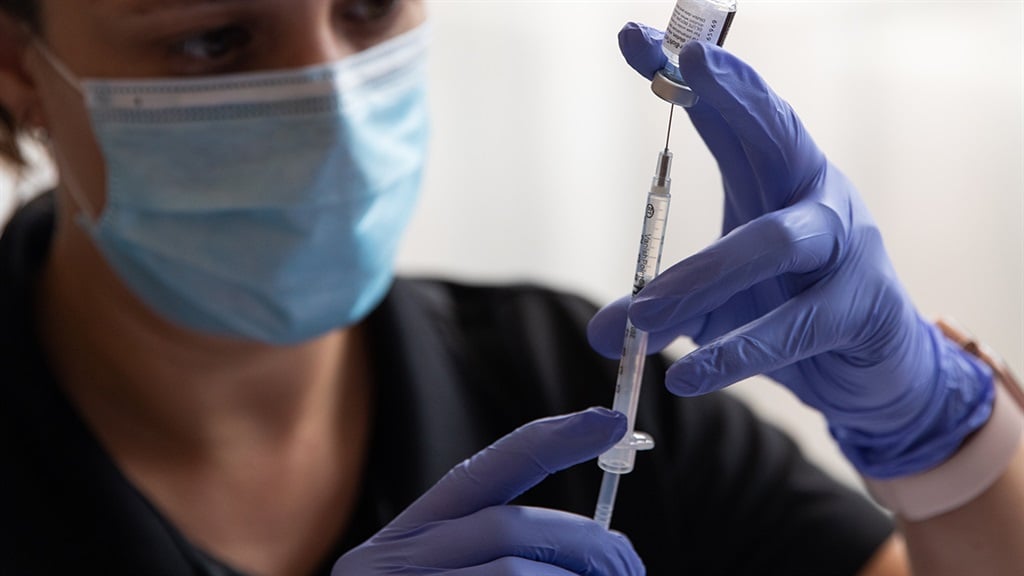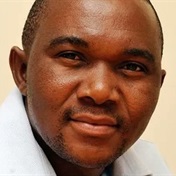
In order to improve Africa's pandemic preparedness, we must invest in our ability to provide continuous screening and testing in every region. SA's previously secret Covid-19 vaccine deals reveal our limited bargaining power to secure and negotiate the prices of vaccine doses from pharmaceutical manufacturers overseas, says Michael Mynhardt.
- For more financial news, go to the News24 Business front page.
The Health Justice Initiative (HJI) recently released South Africa’s previously secret Covid-19 vaccine deals, revealing our limited bargaining power to secure and negotiate the prices of vaccine doses from pharmaceutical manufacturers overseas. In some cases, South Africa was paying up to 15% more per dose than what manufacturers were charging countries in the EU.
It is safe to say that these agreements were made at a time of global scarcity, when Western governments - with domestic vaccine-manufacturing capacity - chose to prioritise their own citizens first. A number of African nations that relied entirely on imports were left scrambling for supplies, while the infection rate and death toll continued to rise at an exponential rate.
Lessons learned: decreasing Africa's reliance on foreign pharmaceutical imports
There are a number of lessons to be learned from the manner in which South Africa - and the broader African continent - responded to the global outbreak of Covid-19. To date, the African Union Development Agency (AUDA) can confirm that the African continent imports just over 80% of its pharmaceutical needs.
This dependence on foreign healthcare products became evident when imports were in short supply during the height of the global pandemic, revealing the dangerous implications of our limited capacity to manufacture pharmaceutical products, vaccines and diagnostic test kits in Africa.
The latest estimates from the Africa Centre for Disease Control and Prevention (Africa CDC) also indicate that Africa's population is set to exceed the 4 billion mark within the next 50 years, further emphasising the need for a sustainable, data-driven approach to manage any future outbreaks in highly populated areas.
A pharmaceutical approach to Africa's pandemic preparedness
In order to improve Africa's pandemic preparedness, we must invest in our ability to provide continuous screening and testing, in every region. Treatment and prevention are just as important, but with regular testing we can empower our healthcare professionals and government authorities with the data that they need to maintain a real-time view of the impact of the disease.
Without regular testing, the statistical analysis of the spread of the outbreak will remain inaccurate at best. In fact, whatever stats we have today for all major critical diseases on the continent are probably understated as well. With access to data in real time, we can anticipate the rate of transmission in a manner that allows authorities to respond more proactively to save lives.
Framework to improve diagnostic testing and screening critical
At present, most countries have opted to consolidate the buying power and funding of international organisations to finance the procurement of test kits and diagnostics in Africa. This is not ideal nor is it sustainable into perpetuity. It also leaves us scrambling for supplies, at a premium rate, when that aid is cut short or withdrawn, leaving us at the mercy of foreign manufacturers that have prioritised alternative markets in the past.
Ultimately, this places millions of lives at risk in Africa.
A more pragmatic approach should include the development of a local manufacturing framework for testing and screening kits on the continent, with the aim to provide a sustainable supply of diagnostics to healthcare providers in a number of different regions. This will require a significant commitment from political stakeholders to improve cross-border collaboration as we aim to develop a pan-African approach to the manufacture and supply of locally-produced test kits instead.
The Africa Collaborative Initiative to Advance Diagnostics (AFCAD) Advisory Committee already aims to provide guidance on the selection, evaluation, verification, and adoption of laboratory diagnostic technologies and facilitate data sharing. With their capacity to mobilise resources towards these goals, we can begin to take the first steps to improve manufacturing conditions for diagnostics in Africa.
Action steps to improve conditions for manufacturing of healthcare products
There are four action steps we can take to decrease Africa's reliance on foreign pharmaceutical imports.
A noteworthy starting point would be to improve market access through regulatory harmonisation, the process by which technical guidelines are developed to be uniform across participating authorities. This mutual recognition would be required among the different regional regulatory authorities if we want locally manufactured healthcare products to be distributed across all five regions in Africa, without disruption. Ultimately we want this to lead to regulatory convergence, where regulatory requirements across countries or regions become more similar over time as a result of the gradual adoption of internationally recognised technical guidance documents, standards and scientific principles.
Regulatory harmonisation must be met with the capacity to distribute rapid test kits, at speed, with a well-established supply chain. Securing significant momentum across these supply chains cannot be overstated - in Africa, speed must trump perfection. The estimated increase of our population figures may cause exponential spikes in our collective infection rate - in such an event, even a single disruption to our pharmaceutical manufacturing supply chain could be catastrophic.
Sound off-take agreements and support from government structures will be required if we are to leverage public procurement in a manner that will protect the sustainable growth of these manufacturing entities.
These action steps will have to be supported by the establishment of a stimulating environment for intellectual property development across all regions. We must empower healthcare providers in Africa with access and support to conduct their own research and development if we want to decrease our reliance on imported healthcare products, with the intellectual property to produce and develop them in Africa instead.
At the moment, the majority of biologics companies in Africa spend most of their money on production, and very little time on research and development, leaving African scientists without the intellectual property the continent so desperately requires.
Strengthen healthcare systems to improve lives before and after any outbreak
By improving Africa's pandemic preparedness, through the localised production and manufacturing of pharmaceutical products, we can play an indelible role in strengthening our healthcare systems in a manner that will benefit people before and after any viral outbreak.
A new public health order for Africa must include a panic-free approach to pandemics. It's panic-free, because we've prepared the system for it, and we know that our data-driven approach to mitigate its spread will culminate with the lowest number of casualties.
With sufficient capacity and the infrastructure required to meet the local demand for continuous testing, and a state-of-the-art 4IR monitoring dashboard, we can analyse any trends to anticipate the spread of transmission, at speed. Data is power - so let's make sure our authorities have access to it, without delay.
By Michael Mynhardt, Group Executive: Pharmaceutical Manufacturing, Avacare Health Global.
News24 encourages freedom of speech and the expression of diverse views. The views of columnists published on News24 are therefore their own and do not necessarily represent the views of News24.




 Publications
Publications
 Partners
Partners












